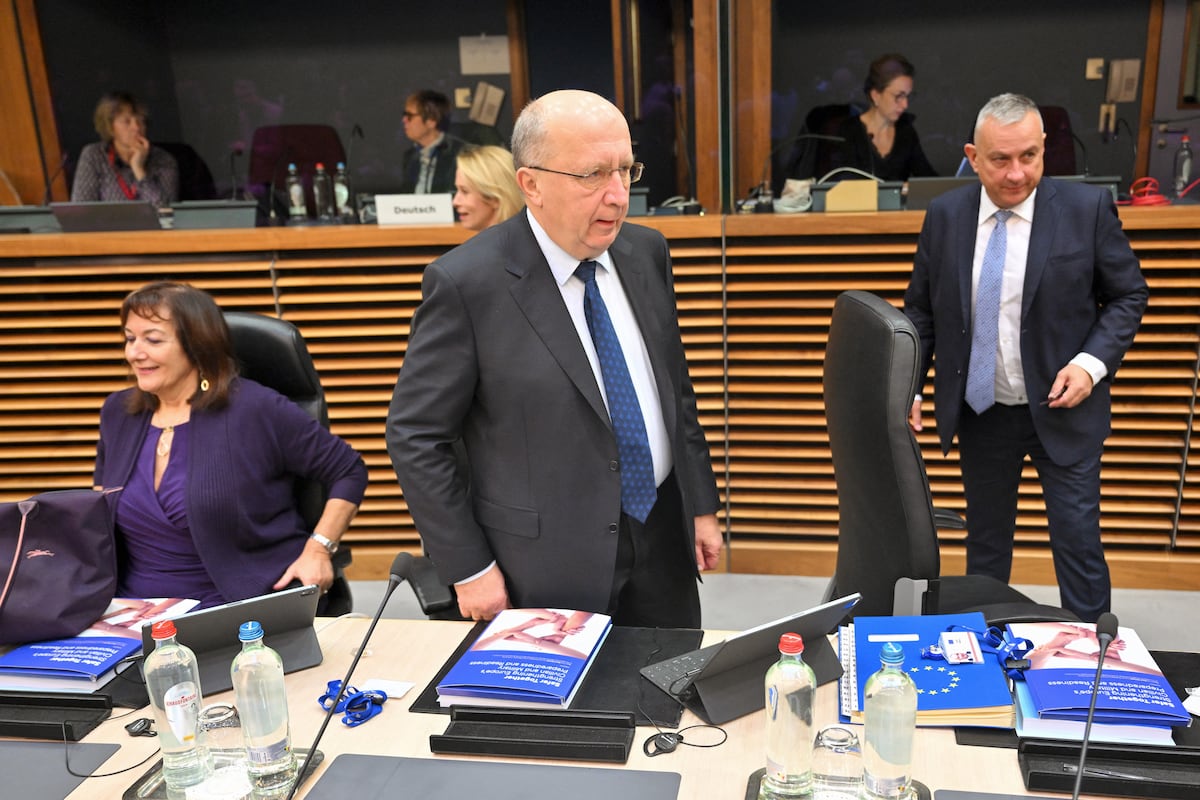The European Union's newly appointed defense commissioner, Andrius Kubilius, has underscored the urgency of rearmament in light of escalating threats from Russia. As the first individual to occupy this pivotal role, Kubilius is tasked with addressing the EU's military preparedness, particularly in the context of ongoing support for Ukraine and the looming possibility of Russian aggression. He emphasized that Russia remains the primary military threat to the EU, with intelligence suggesting potential military actions could occur before 2030. The commissioner is preparing a defense white paper aimed at outlining necessary measures for the EU to confront extreme military contingencies, highlighting the need for a shift from incremental defense strategies to a more aggressive, comprehensive approach to military readiness and production.
Kubilius advocates for a unified European defense strategy that prioritizes increased military spending and collaborative procurement to address significant capability gaps. He noted that eight EU member states currently fall short of NATO's defense spending target of 2% of GDP, which could yield an additional €60 billion for defense if met. The commissioner also pointed to the necessity of creating a common defense market and pooling resources to raise €500 billion over the next decade. He warned that failure to support Ukraine could embolden authoritarian regimes and destabilize global security, particularly as the U.S. may reduce its military presence in Europe. The implications of these developments are profound, as they signal a critical juncture for European defense policy and its role in the broader geopolitical landscape.








